Life
-
 Animals
AnimalsWhere does Godzilla get his atomic breath?
Some secrets of the kaiju’s atomic breath can be explained with creative applications of physics and biology.
-
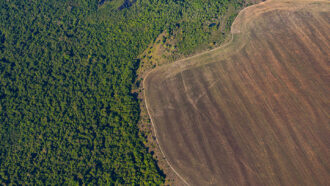 Ecosystems
EcosystemsThe Amazon is in trouble. Here’s why — and why it matters
Challenges from human-caused climate change, deforestation and degradation leave the fate of this vast forest uncertain.
By Nikk Ogasa -
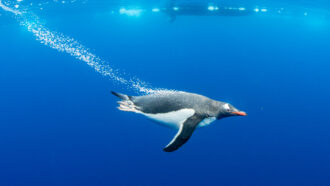 Physics
Physics‘Feathering’ helps explain Gentoos’ record-breaking swim speed
Videos and computer analyses reveal the secrets of the penguins’ superspeed. The results could inspire future underwater vehicles.
By Sarah Wells -
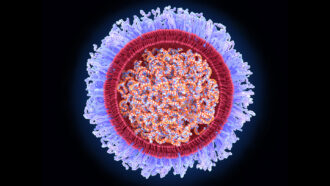 Health & Medicine
Health & MedicineRNA work that led to COVID-19 vaccines wins 2023 Nobel in medicine
Katalin Karikó and Drew Weissman overcame hurdles to using mRNA for medicine. This led to COVID vaccines — and maybe, one day, some for other infections.
-
 Brain
BrainNeuroscientists decoded a song from brain activity
The technique could help improve communication devices for people who are unable to speak.
-
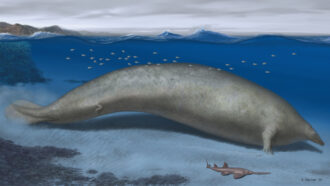 Animals
AnimalsThis massive ancient whale may be the heaviest animal ever known
Called Perucetus colossus, it may have tipped the scales at up to 340 metric tons — more than today’s blue whales.
By Skyler Ware -
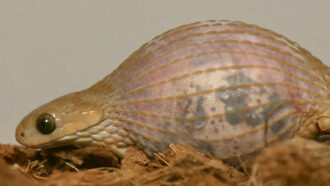 Animals
AnimalsThis egg-eater may have the biggest gulp of any snake its size
Slither aside, Burmese pythons. This little African snake has a truly outsized swallow.
-
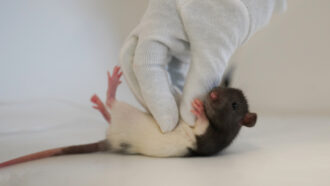 Brain
BrainA rat’s playfulness relies on cells in one part of its brain
Certain cells here control its behavior. Studying this circuitry could also help us understand depression in people.
By Simon Makin -
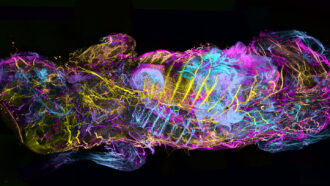 Animals
AnimalsA new technique creates glowing whole-body maps of mice
Removing cholesterol from mouse bodies lets fluorescent proteins seep into every tissue. That has helped researchers map entire body parts.
-
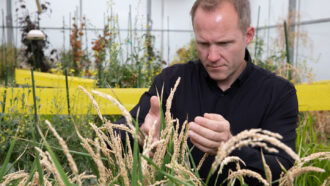 Agriculture
AgricultureCrops are being engineered to thrive in our changing climate
Plants are already the best carbon catchers on Earth. New research could make them even better.
-
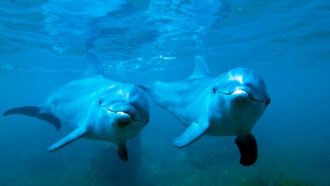 Animals
AnimalsToothed whales use their noses to whistle and click
Much as people do, toothed whales, such as dolphins and sperm whales, make noises in three different vocal registers.
By Maria Temming and JoAnna Wendel -
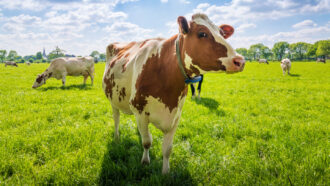 Agriculture
AgricultureCow dung spews a climate-warming gas. Adding algae could limit that
But how useful this is depends on whether cows eat the red algae, a type of seaweed — or it gets added to their wastes after they’re pooped out.